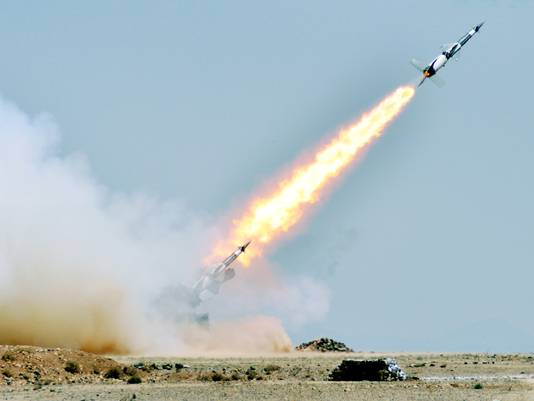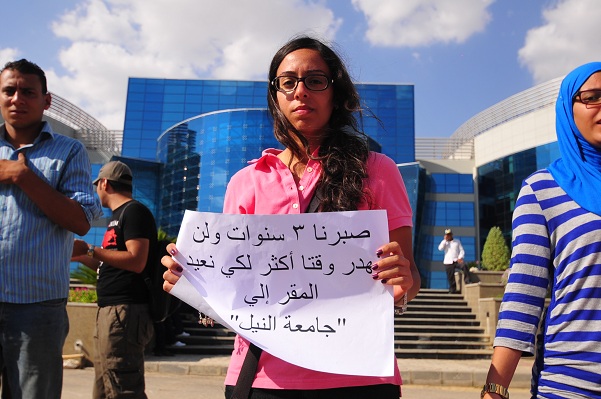CAIRO: Minister of Trade and Industry Rachid Mohamed Rachid announced another LE 75 million for the development of infrastructure in 12 industrial zones, bringing the total investment in the zones to LE 1.35 billion.
Sherine Nadim of the Industrial Zone Fund for Development, a branch of the Industrial Development Authority [IDA], stated that the funds are a routine allocation of resources for the zones, which receive funding in six-month cycles.
“The Ministry of Finance provides the funding which we [the Industrial Zone Fund for Development] allocate to specific zones and provinces. We also coordinate with the Ministry of Trade and Industry as well as the Ministry of Environment to oversee the distribution of resources and the pursuit of protocol, Nadim stated.
The zones currently slated to receive funds are Beni Suef, Assuit, Sohag, New Valley, Luxor, Fayoum, Kafr El Sheikh, Dakahlia, North Sinai, Helwan, Gharbeia, as well as the new industrial zone that will occupy 320 feddans in Port Said.
The provinces’ large geographic spread accords with efforts to develop industrial zones in all regions. In this round of funding, six of the provinces are located in Upper Egypt, which has received special attention as investment and infrastructure levels here are generally lower than the rest of the country.
Nadim pointed out the importance of establishing industrial zones in order to protect local residents from the adverse effects of living in proximity to heavy industrial production.
“Industry used to be carried out in cities. Many industries produce environmental hazards that need to be contained in specific zones in order for inhabitants not to be harmed by them, she clarified.
Questioned about the reaction from local residents currently occupying areas in proximity to the new zones, Nadim declared the zones a positive development.
“People welcome the new zones as an opportunity for jobs and greater investment in their region, she said. “The Ministry of Environment conducts routine inspections to ensure compliance with environmental protection measures.
Regardless of environmental repercussions, the new zones do provide jobs. Minister Rachid concurrently announced the approval for 367 new industrial projects granted by the General Authority for Industrial Development. The new projects are expected to create almost 13,000 new industrial jobs, positions that typically require greater training and receive higher pay than agricultural labor, one of the only alternatives for low income Egyptians.
The LE 5.5 billion allocated for the new zones will focus on the labor-intensive sectors of chemical production, engineering, textiles and food processing.
Industrial zones are currently receiving governmental priority as an engine of growth, especially as Egypt struggles to compete with other emerging economies for foreign investment and as a source of cheap labor.
Industrial zones can be sector-specific, or intended for use by a specific country. For example, in late October Minister Rachid and India’s Minister of Commerce and Industry, Anand Sharma, announced the establishment of the “India Industrial Zone in the Suez development area as a center for Indian businesses and technicians to invest in Egypt. Countries such as India benefit from Egypt’s proximity to European and African markets thanks to Egypt’s preferential access to both.
Although the zones are intended as an incentive for both foreign and domestic investment, they will remain a permanent feature of Egyptian industrial production.
“Yes, they are constructed in order to make Egypt more attractive, said Nadim, “but they are not an interim measure. The zones are permanent.


